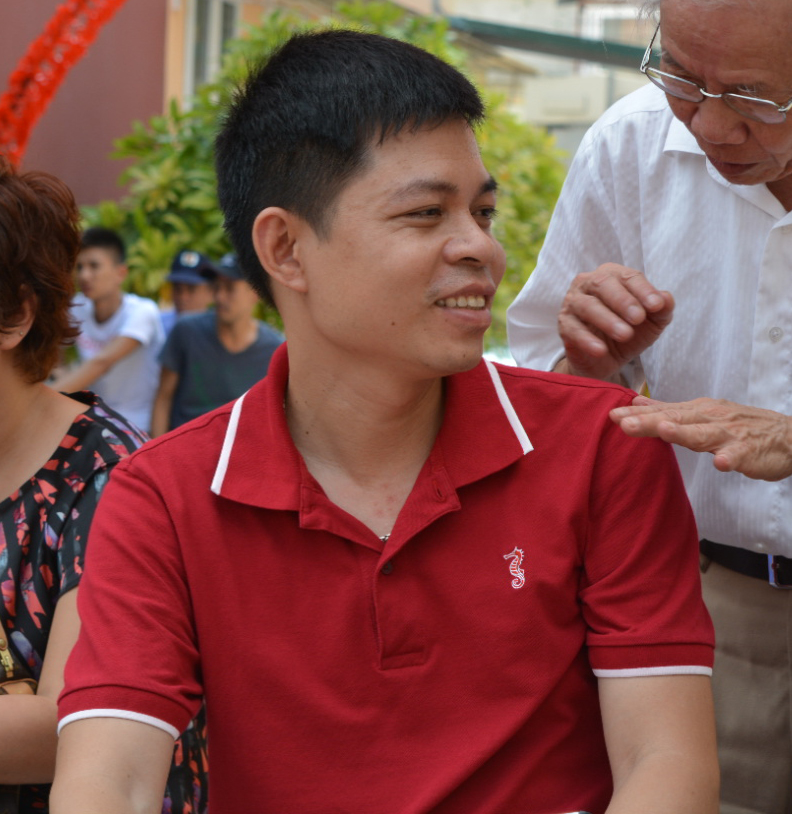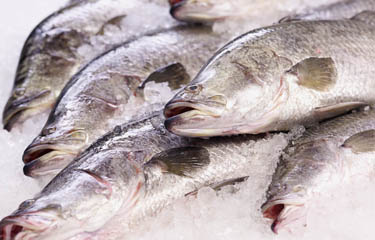Singapore-based Barramundi Group has reported a loss in the first half of this year despite a growth in sales, following its initial public offering in August.
Its 2021 first-half loss was SGD 6 million (USD 4.4 million, EUR 3.8 million), a setback from the net profit of SGD 432,083 (USD 318,530, EUR 272,593) it earned H1 2020, according to the company’s financial report released 29 September.
The company said because of the restrictions during the COVID-19 pandemic, its business-to-consumer (B2C) sales surpassed the business-to-business (B2B) sales in Singapore.
However, Barramundi Group’s sales value between January and June 2021 rose 18.2 percent year-on-year to SGD 17.1 million (USD 12.6 million, EUR 10.8 million) mainly due to “higher selling prices in Singapore due to a change in customer mix, and sales volume growth in Australia.” The firm’s average selling price in Singapore stood at SGD 15.55 (USD 11.46, EUR 9.81) in the first six months of 2021, up from SGD 14.28 (USD 10.53, EUR 9.01) a year earlier.
The company said its in-house processing and product development subsidiary Fassler Gourmet achieved a sales value growth of 16.7 percent year-on-year to SGD 5.6 million (USD 4.1 million, EUR 3.5 million) thanks to “new customer acquisitions, as well as strategic sales and marketing partnerships.”
In Australia, despite a slight increase in its average sales price for its fish from SGD 10.10 to SGD 10.15 (USD 7.44 to 7.48, EUR 6.37 to EUR 6.40), the company’s sales volume surged 29.7 percent year-on-year to 843 metric tons (MT).
“Demand from customers continued to be strong, limited only by the tonnage available for harvest in order not to compromise production fish growth for future years,” Barramundi Group said.
The company said it is in the process of pushing market expansion in China, where its products were launched on TMall, China's largest B2C e-commerce platform, in May 2021. Its sales efforts to market barramundi as a premium whitefish in the world’s second-biggest economy are “yielding promising results,” it said.
Barramundi Group’s total production from its operations in Singapore and Australia in the first half of 2021 was 2,237 MT. Its sales volume in the period grew 22 percent year-on-year to 1,005 MT, with 843 MT in Australia and 162 MT in Singapore.
“Our strong sales growth performance in H1 2021 in the midst of a global pandemic is a testament both to the hard work of our team and a growing consumer demand for sustainably grown barramundi as a protein of choice,” Barramundi CEO Andreas von Scholten said. “Even though we have had to adapt certain parts of the business due to changing business conditions caused by COVID-19, we are heartened by the fact that demand continues to be strong. In Australia and China, demand continues to outstrip our current production capabilities.”
Barramundi Group has a plan to increase the production to 7,000 MT by 2026, von Scholten said, primarily through further development in Brunei. The company hopes to harvest the first 700-gram fish in its Brunei farm by the end of this year, with the goal of producing 1,000 MT of barramundi by 2022, moving up to 3,000 MT by 2026. When fully operational, its sea nursery in Brunei will have a capacity to produce 920,000 fish of 250 grams per year, while its two grow-out farms will produce approximately 43,000 MT annually.
Earlier this month, Barramundi Group named Vincent Erenst as its new chief operating officer of production. The company said that Erenst, who has close to four decades’ experience in the aquaculture sector, will accelerate its production plans.
Barramundi Group also announced on 29 September a partnership with WWF Singapore, through which WWF Singapore will provide advice and guidance for an aquaculture improvement project that Barramundi Group conducts at its farm sites in Singapore.
Barramundi Group said it intends to become the first aquaculture company to get Aquaculture Stewardship Council certification in Singapore, and that it will then bring those best practices to bear on its other operations and encourage a lift in aquaculture standards in Singapore.
“Our partnership with WWF-Singapore is only the beginning of a long-term relationship that could accelerate Singapore’s journey to raising responsible seafood consumption,” von Scholten said. “Further to this, we believe that this exercise will allow us to upskill considerably and enable us to replicate and scale these best practices across our farm operations in Australia and Brunei as well.”
The company received a 4-star Best Aquaculture Practices (BAP) rating in Australia in 2016 and Singapore in 2018.
Barramundi Group launched its IPO on the Euronext Growth exchange on 12 August, and the company announced it had raised approximately NOK 130.8 million (USD 15.1 million, EUR 13 million) through a private placement prior to the listing.
“All new funds raised will be directed towards growth strategies that will allow the business to scale in capacity and offerings, making way for a transformation in the business,” Scholten said in a webinar reviewing the company’s H1 results on 29 September.
Barramundi Group has farming operations in Australia, Singapore, and Brunei, and sales and distribution networks in major cities around the world. The company was founded in 2008 by ex-Marine Harvest executives Hans den Bieman and Joep Kleine Staarman. Its largest four shareholders of Barramundi Group as of 27 September were Warif Holdings Limited (holding a 10.82 percent stake in the company), Barramundi Asia Holdings Pte. Ltd. (10.43 percent), Brown Brothers Harriman & Co. (8.55 percent) and Citibank, N.A. (8.26 percent). The other 16 stakeholders own interest ranging between 1.14 percent and 7.15 percent.
Photo courtesy of Barramundi Group







